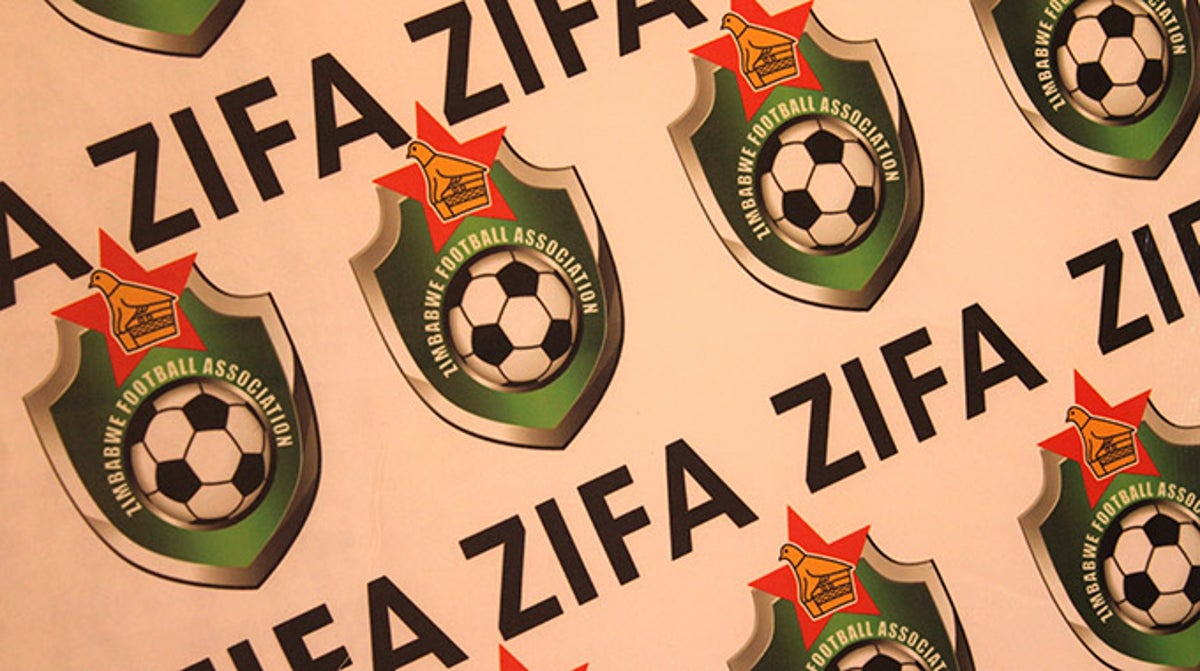ON Friday, the Zimbabwe Football Association (Zifa) assembly voted for the amendment of the local football mother body’s constitution.
This development marked a significant step towards the eagerly-awaited executive committee elections which have pencilled for early been next year.
The draft amendment to the 2013 Zifa constitution had stirred a lot of debate around a number of proposals, chiefly among them, the call for a minimum of five Ordinary Level passes for anyone wishing to become the Zifa president or vice-president.
The other issue that had dominated discussions was the residence requirement which made it mandatory for any prospective member of the Zifa executive committee to have been continuously resident in Zimbabwe for at least two years.
In the end, those two contentious issues were adopted as part of the new Zifa constitution, after 48 councillors voted in favour of the amendment. Two voted against the amendment, while eight did not vote.
The amendments to the ZIFA constitution and the subsequent adoption by the Assembly are a sad development for the country’s football development.
These amendments do not portend good things for the national game which has been nearly driven to the abyss by a combination of incompetent leadership and self-interest over the years.
Firstly, the requirement for any prospective Zifa president or vice president to have five O levels is discriminatory. What value does this requirement bring to the game?
What success did those that were at the helm of the national game – who had five O levels or better, brought to the game – if this indeed was the best yardstick to predict its transformation?
The answer is a no brainer: we are where we are – the depth of embrassingly lows in modern day football, because of some of the actions of those that had five O levels or better, who were entrusted with the stewardship of national football agenda. Secondly, a Constitution – it doesn’t matter at what level – is a sacrosanct document that should not be mutilated to disenfranchise or discriminate people.
Our very own national Constitution – which is one of the most progressive charters in Africa, at least on paper – recognises this and that is why it does not preclude or discriminate those without academic qualifications from participating in national elections.
If a whole national Constitution recognises this crucial aspect, why should we then allow associations such as Zifa to set a wrong precedence?
Lastly, the amendments and their adoption serve to show a potentially premeditated capture of the game by an elite that could be bereft of ideas sorely needed to transform our football.
What this therefore, requires, is a mighty fight to make sure that this discrimination and unsettling agenda does not succeed. It is quite clear that these amendments and their adoption are not there to transform Zimbabwe’s football.
They only serve to eliminate people who are viewed as a threat to a cabal that wants to capture the national game.




